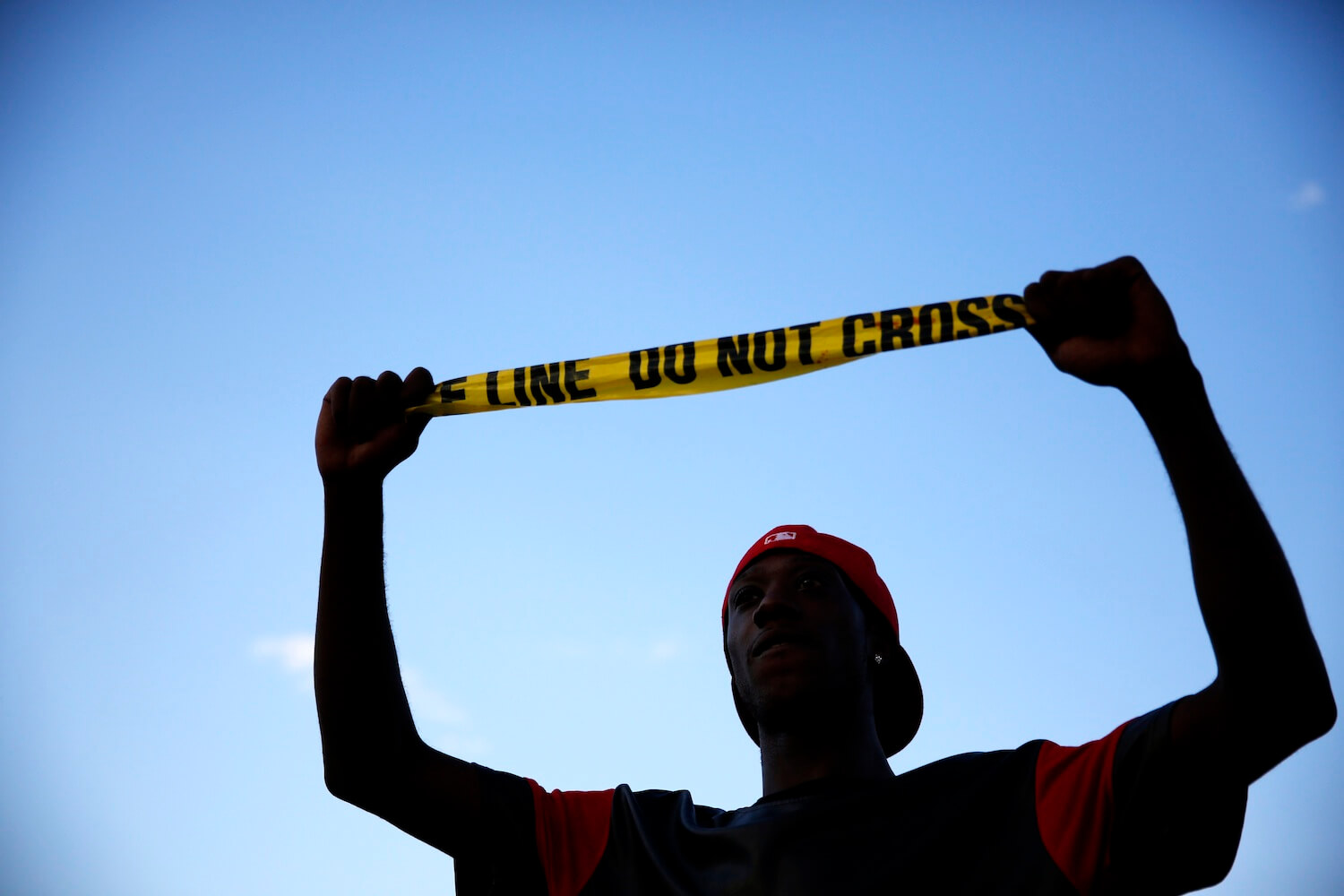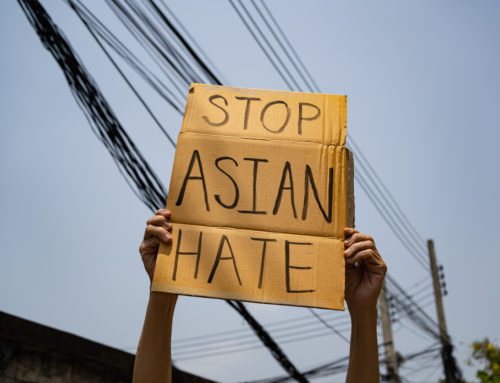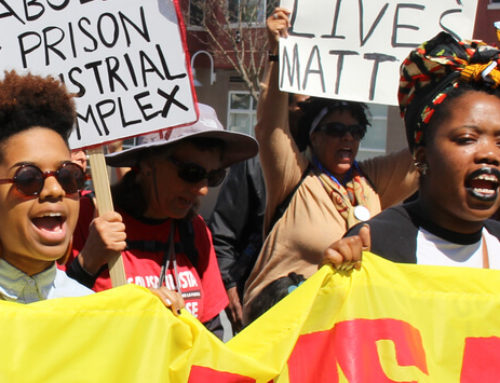By Steven Hsieh and Raven Rakia, The Nation, October 8, 2014.
When Darren Wilson, a white police officer in Ferguson, Missouri, shot and killed Michael Brown on August 9, King D. Seals, age 27, was at the crime scene within the hour. He lives just a few blocks away from Canfield Green, the predominantly black apartment complex where the unarmed teenager was shot. He saw Brown’s body, which would lie on the street for an additional three hours. “It wasn’t even a protest yet,” Seals said about the gathering when he first arrived. “It was a black boy being shot in the community. It was about ten other women and men out there, and the family.” The next day, members of the community passed around a large plastic bag for donations to Brown’s family. Seals put in $100; others donated $50, $20, whatever they could. By the end of the day, the bag was filled with money. “Before it became a riot, before it became a protest, it was just the community coming together,” Seals said.
On the second night, there was a protest on West Florissant Avenue, and the St. Louis County police met it with armored vehicles, M-4 rifles and riot gear. Officer Wilson remained unidentified and unarraigned, even as protesters called for his arrest. During the first week, a few demonstrators resorted to property damage to air their grievances. Seals remained on the front lines through the height of the police crackdown—and not for the first time. Last year, he protested when Cary Ball Jr. was fatally shot twenty-one times by police officers in St. Louis City. He is still in contact with Ball’s mother. Recalling the differences between last year’s demonstrations and this year’s, Seals said that the protests in the wake of Brown’s death were more effective. After Ball was killed, “we did everything positive; we did everything peaceful…I feel like [the Ball protest] is a prime example that when you do things quote-unquote ‘the right way,’ you don’t get any results.” The internal police investigation later declared the shooting of Ball justified.
The outcome of last year’s protests left Seals distrustful of community leaders like Antonio French, a Ferguson alderman, and the clergy in St. Louis, who have urged a voter-registration campaign in the wake of the recent protests. After watching politician after politician come and go without any improvement in the communities he’s grown up in, Seals is skeptical that voting will solve the many problems plaguing the area, especially the poverty and systemic racism—problems he knows all too well from mentoring local kids, “the same people out there fighting and putting their lives on the line every day [at the protests]. The same kids that are written off as thugs and criminals and nothing.”…read more.



